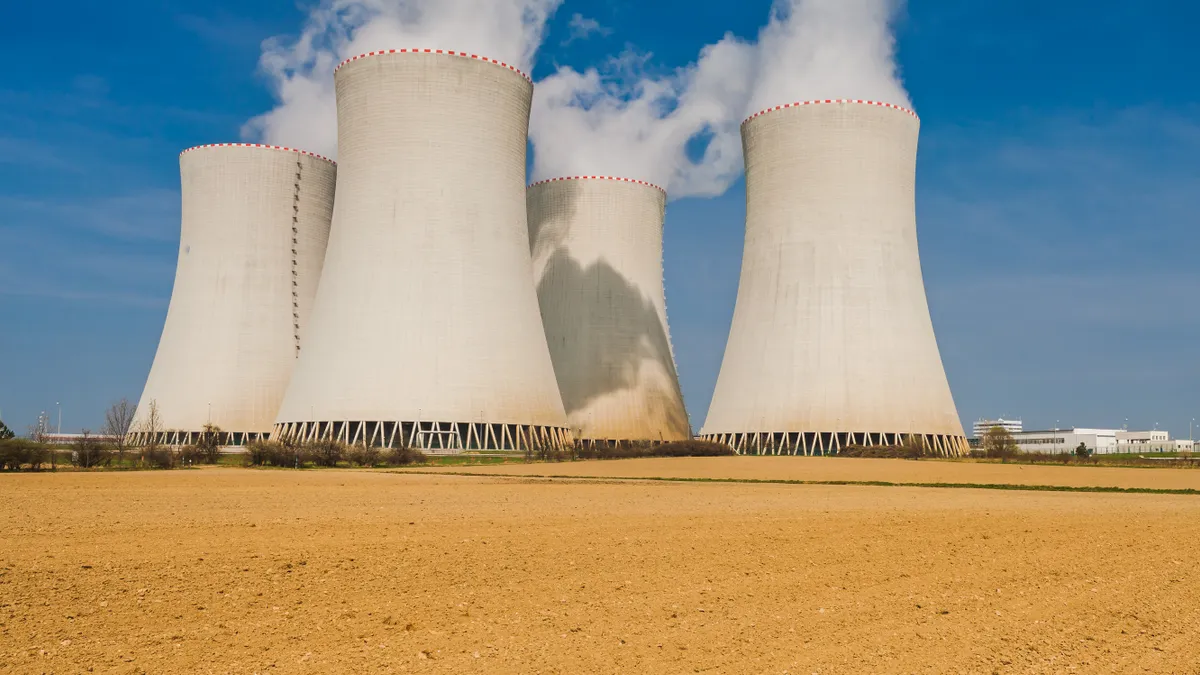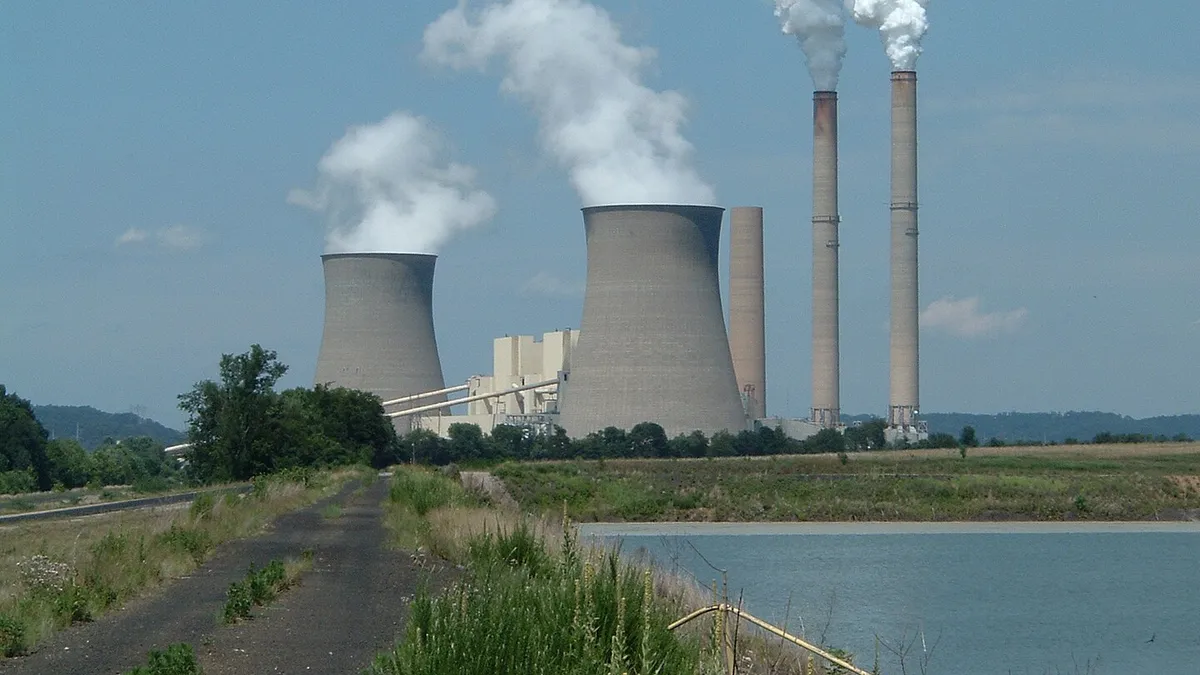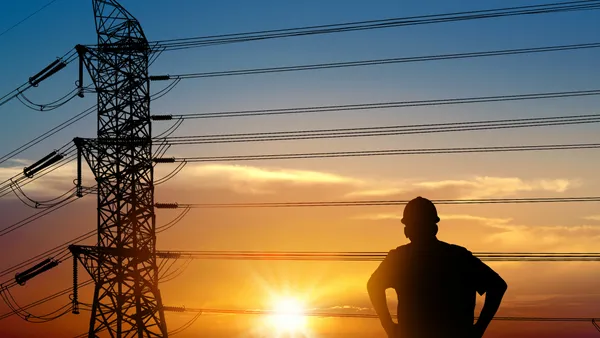Dive Brief:
- A bill to end Wisconsin's nuclear moratorium could see a vote in the state's Assembly this week, as the measue was placed on the calendar for Jan. 12 by the Committee on Rules, the Associated Press reports.
- Wisconsin ended new nuclear construction in when it passed a law banning project development until a federal storage facility is consructed, but last year, State Rep. Kevin Petersen (R) introduced a bill to eliminate the requirement.
- The measure would also loosen restrictions on new plants' economic impacts. Wisconsin law does not allow new nuclear construction if it would have a negative rate impact on customers.
Dive Insight:
Some Wisconsin lawmakers have been trying for more than a decade to loosen restrictions on the development of new nuclear capacity without a lot of success, and it seems the Clean Power Plan is the latest issue to rally support for the measure. The Associated Press reports the proposal, Assembly Bill 384, could see a vote this week.
While the federal government pulled support for the Yucca Mountain storage facility in Nevada, Rep. Kevin Petersen, sponsor of the bill, says that storage "no longer needed."
"Instead, facilities such as Kewaunee and Point Beach are employing dry cask storage," he wrote on his web site. "Dry cask storage allows spent fuel that has already been cooled in the spent fuel pool for at least one year to be surrounded by inert gas inside a container called a cask."
The bill also includes advanced nuclear energy options into state energy policy, and says advanced nuclear energy "will be prioritized between combustible renewable energy resources and nonrenewable combustible energy resources."
Wisconsin lawmakers have previously attempted to repeal the nuclear moratorium. In 2003, former Rep. Mike Huebsch (R) introduced a similar bill, and in 2007, the GOP proposed language in the state budget that included lifting the moratorium. In 2010, the Wisconsin Democratic party proposed lifting the ban as part of a renewable energy bill.
Nuclear generation nationwide is facing a shaky future as the resource is squeezed by low natural gas prices and high operating costs. An SNL Energy analysis from three rating agencies last year said 11% of nuclear generation is at risk for early retirement, potentially putting carbon reduction goals under the Clean Power Plan at risk.















